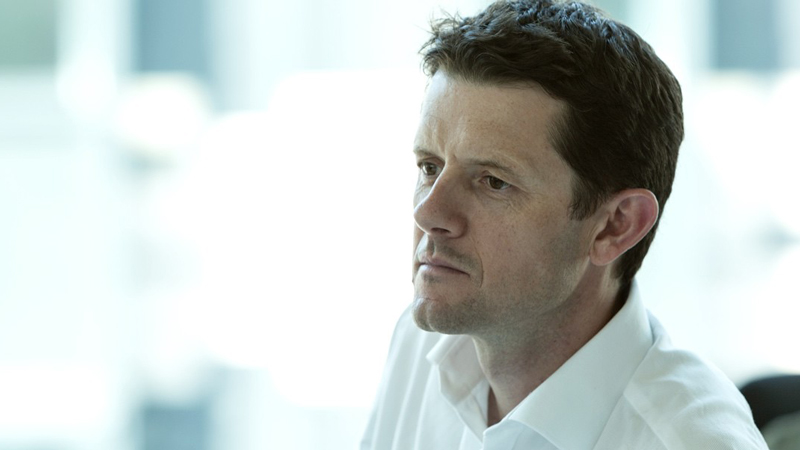The official statement from the Euro Summit says they had “agreed on a comprehensive set” of measures that reflect “our strong determination to do whatever is required” to overcome the most immediate and current set of difficulties.
These measures include three major bones of contention:
Greek bond haircut
Banks that own Greek bonds will take a 50% loss, up from the 21% haircut agreed at the July Summit. Alongside the country’s own economic plans, the aim is to reduce the country’s debt-to-GDP ratio to 120% by 2020 – it is predicted to peak at 186% in 2013.
European Financial Stability Fund increased
The bailout fund currently stands at around €250bn, down from its original level of €440bn, and is to be topped up to €1trn thanks to it being leveraged four to five times. The leverage will come through a special investment vehicle that will encourage contributions from both private and public investors, including large sovereign wealth funds; there will also be insurance offered to purchasers of eurozone debt making the bonds more attractive.
Bank recapitalisation
There is a broad agreement that by the end of June next year European banks will have to have a higher capital ratio – 9% against its highest quality capital – thereby needing to raise an extra €106bn. This is expected to come from private sources, including restructuring and the conversion of debt to equity holdings.
“Banks should be subject to constraints regarding the distribution of dividends and bonus payments until the target has been attained,” according to the Summit’s official statement. “If necessary, national governments should provide support, and if this support is not available, recapitalisation should be funded via a loan from the EFSF in the case of eurozone countries.”
While there is still a great deal that was not agreed on, and there are bound to be other problems ahead, markets reacted well with the FTSE 100 and Eurofirst 300 up more than 2% in the first two hours of trading.
The next round of debate will undoubtedly come at the G20 meeting in Cannes on 3 November before when French President Nikolas Sarkosy and head of the EFSF, Klaus Regling, will both have spent time in Beijing with the Chinese President, Hu Jintao.











